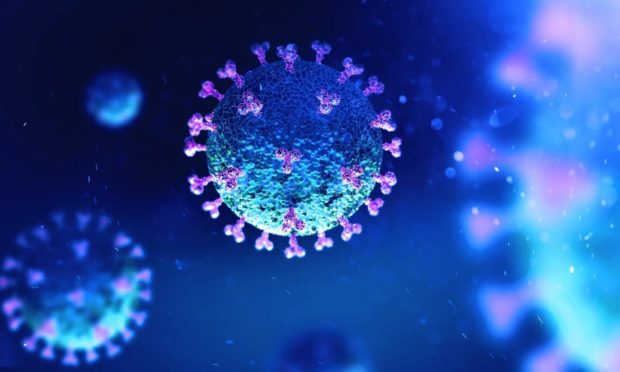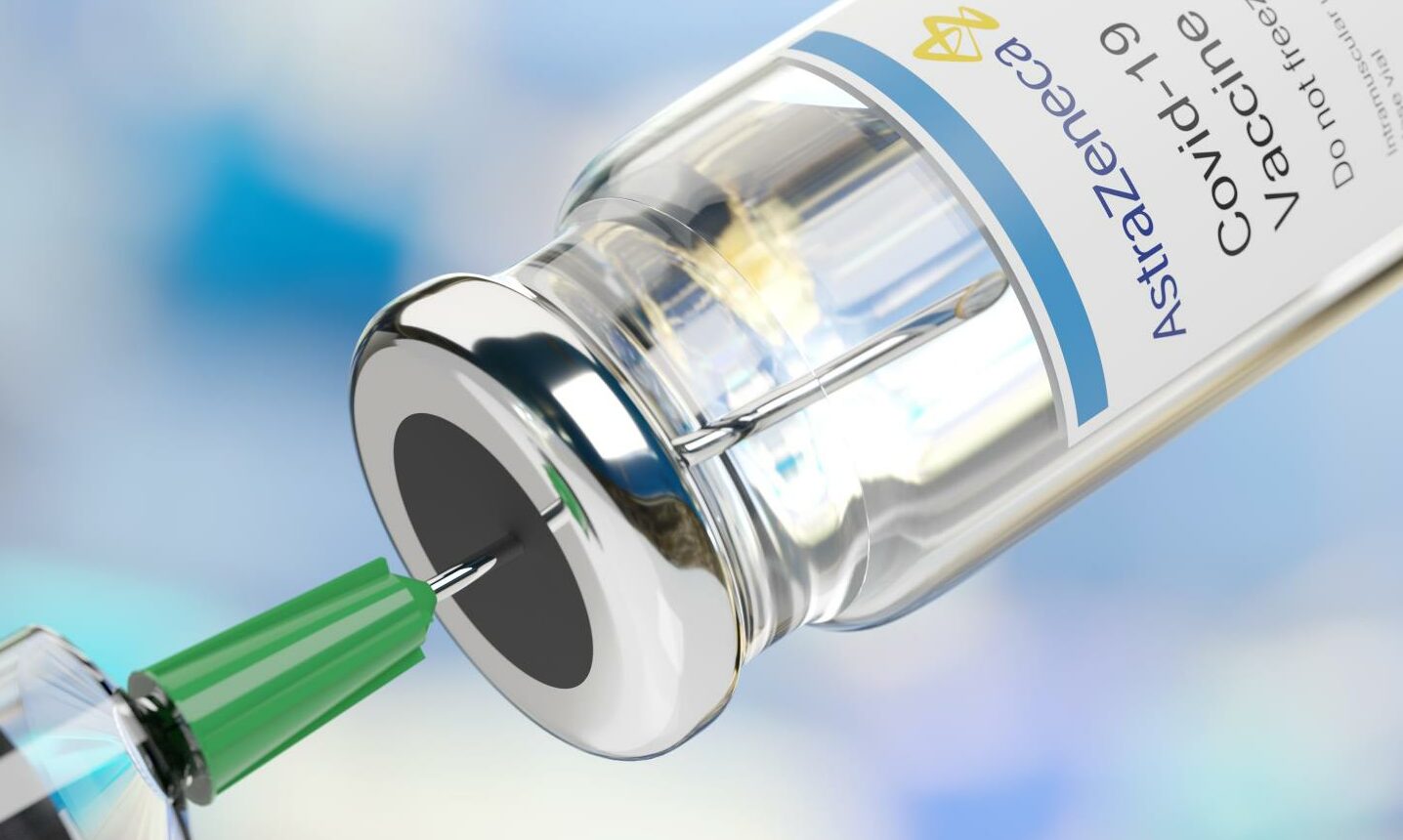A new treatment from AstraZeneca has been found to significantly reduce the risk of developing Covid-19 – and could be used as an alternative to vaccination.
The pharmaceutical firm has announced its combination of two long-acting antibodies, called AZD7442, reduced the risk of developing symptomatic Covid by 77%.
It said this is the first non-vaccine treatment to demonstrate protection against the coronavirus in a clinical trial.
AstraZeneca is now preparing to apply for regulatory approval of the therapy.
It could be used instead of vaccination in people with weakened immune systems, such as cancer patients.
What does the therapy do?
The Covid jabs approved for use in the UK work by introducing spike proteins – matching the shape of Covid-19 cells – into the body.
They give our insides the “instructions” to fight off a coronavirus infection.
But AZD7442 works by mimicking the natural antibodies our bodies produce when fighting infection.
It is thought they could offer up to 12 months of protection against the disease, by preventing Covid from entering and infecting cells.
They were first discovered at Vanderbuilt University from two patients who had recovered from the disease.
What do the trial results show?
The trial involved almost 5,200 participants, with two-thirds given the antibody combination, and the remainder offered a placebo.
AstraZeneca said those given AZD7442 were 77% less likely to develop symptomatic Covid.
Those given the drug had no severe cases or deaths, while the placebo group had two deaths.
Three-quarters of all participants had an underlying health condition, including some whose immune systems did not respond well to vaccination.
And early testing has also shown it is just as effective against different strains of Covid, including Delta.
Treatment could be given to cancer patients
Professor Penny Ward, visiting professor in pharmaceutical medicine at King’s College London, said the new treatment could be “game changing” for people who do not respond well to vaccination.
She added: “(This) can help these folks further and reduce morbidity and mortality in this important population subset.
“They can be used to protect people while they undergo cancer treatment, for example.”
Principal investigator, and professor of paediatrics and medicine at Colorado University, Myron Levin, said: “With these exciting results, (it) could be an important tool in our arsenal to help people who may need more than a vaccine to return to their normal lives.”

